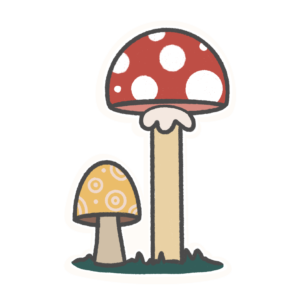
The Joy of Writing: Find it in these three places to use on a rainy day.
Scene: you’re at your desk, hands dancing over the keys.
Click clack clickity clackity click clack – swish.
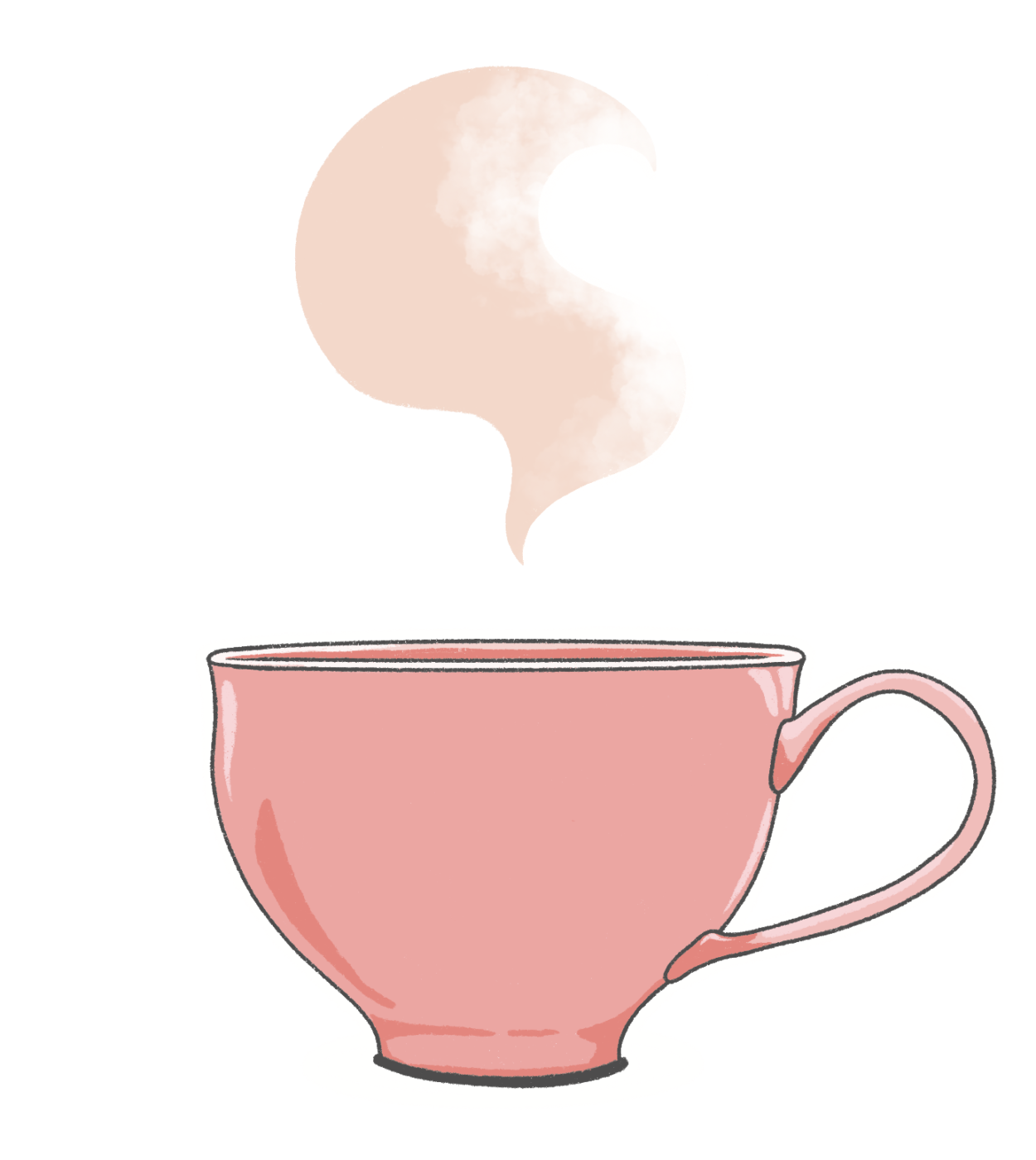
Now, layer that satisfying typewriter sound with a movie soundtrack in a major key – both invigorating and also somehow relaxing. The victory song – the joy of writing.
There’s steam dancing from a coffee cup that you can’t even be bothered to sip from, and sun pouring in the office window. But the true beauty of the scene? Unending words! Words slipping, tumbling and pouring through your fingertips and into the world, without even a touch of resistance or block.
This image is pretty enticing, isn’t it?
And when it’s happening, we don’t even realize how great it is, because we are so in the moment of writing that the whole world around us has disappeared. This! This is the anticipated, ethereal, and oh so hard to manufacture moment of creative flow.
It’s PURE JOY! It’s what we’re here for, but it’s not the only way to keep the joy of writing in your everyday Practice.
In fact, I suggest that you need to cultivate many reservoirs of joy to dip into throughout your Writing Practice. Writing Joy isn’t limited to the magical sprinkling of fairy-dust-brilliance left for you by a discriminate muse. It’s so much more multifaceted and powerful, and it’s one of the loveliest ways to get through the slog of creative work.
There is joy in the difficulty and in the power of the work we do, and that joy is one of the most powerful and renewable resources we have, to keep us going when we can’t even think of lifting a pen, or opening a laptop, or picking up a microphone.
There is magic all through the act of writing, and noticing that magic when it happens will help you when it feels distant.
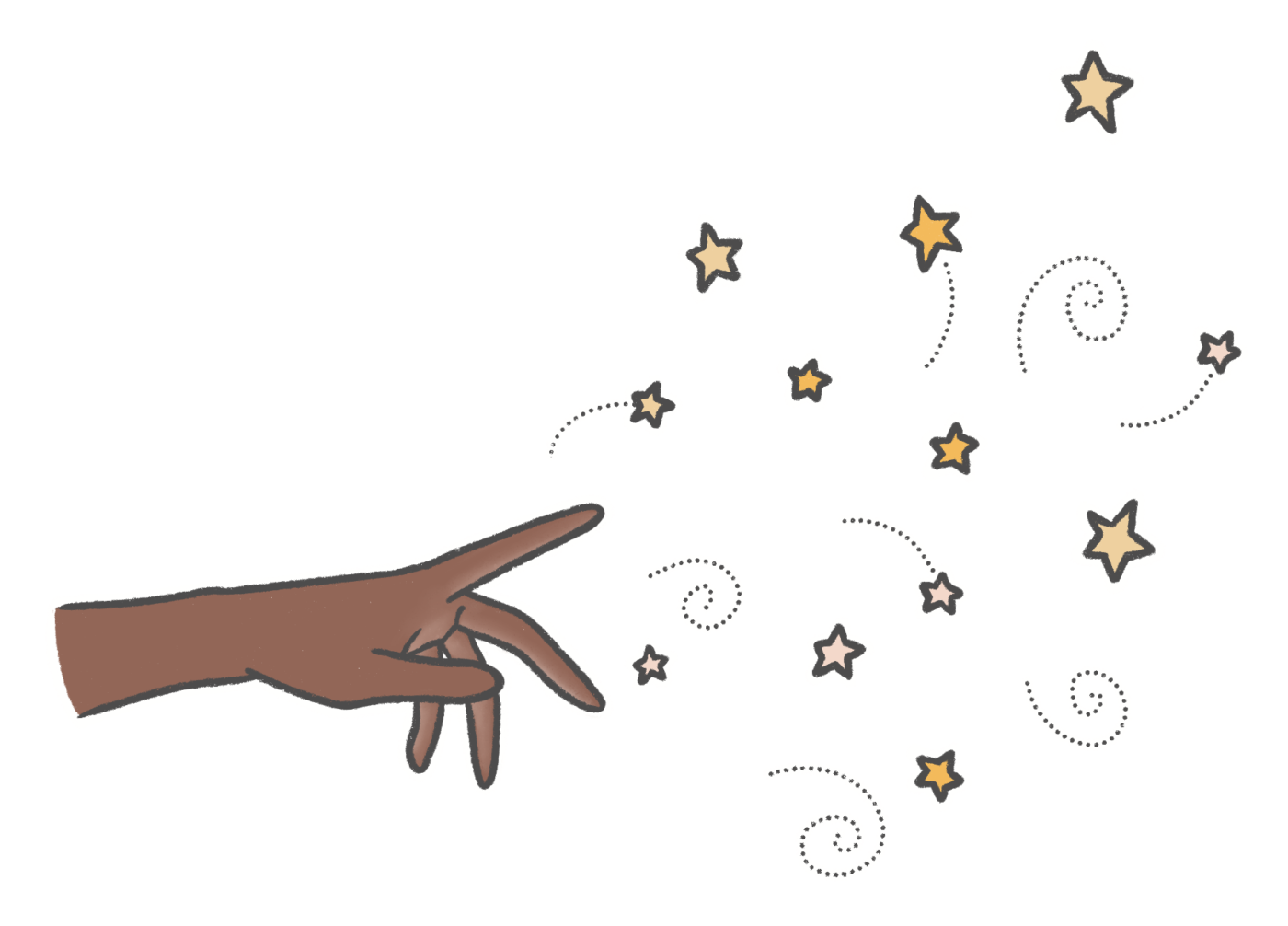
What other way but magic could we explain the lightning-strike *pop* of an idea into your mind?
And then the process of dancing through words until that idea has taken shape outside of you – to be passed into a completely different mind to somehow, inexorably, change them from within.
The way we communicate boggles my mind, and the beauty of it – when it works – is tremendous.
I find joy in the magic of communication: the impossible & fantastic nature of it & the improbable fact that we can do it at all. I try to remember that when it’s not so magical – ie. internet comments and writers’ block. Share on XAnd then! The adventure that happens in your head, while you’re caught in the act of pouring out those words? Such a trip!
You chase the tenuous ribbon of An Idea TM before it slips from view: your hand shooting out an open window to catch it by the tail and pull it back inside, only to find it is tied to the toe of an idea far greater and more unwieldy than you could have known.
Next, a death match between you and this formless monster of a thing. Is it real? Is it of value? Will it make sense when it’s turned from a vague idea into something of substance: a story, essay, monologue, song, sentence.
It’s a mess. Until you build it and cut it and shape it into a clear and powerful and magical bridge between your own mind and the mind of strangers.
How even can we do this thing again and again, and still not believe in ourselves?!
The feeling of being caught up in a battle with an idea that you made can be remarkable! I mean – it can be terrifying…but in a remarkable way. No matter how you feel about the nature of the muse or creativity, you do have to admit that there is some kind of magic in it.
The joy of writing is in this magic that is full of magnificent power.
All art – all creative pursuits that exist specifically to express something that we all experience in different ways – has great power over the arc of history and a force within humankind that is unparalleled by any other strength we bear.
Writers and artists are often seen working in the early hours and at the base bedrock of movements for change and progress. We have power to communicate, inspire and rally the hearts and minds of people in our communities.
“Any form of art is a form of power; it has impact, it can affect change. It can not only move us, it makes us move.”
Ossie Davis
This year, I’ve often heard the words, “In such unprecedented times.” And honestly? Yes. I’m a little bit sick of hearing it, but it’s true.
The world is confusing and dangerous and oddly exciting right now in the kind of way we’d like to reserve for fictional protagonists.

But times are always unprecedented. The world is always in flux. And writers and other artists are always needed to help us manage and understand and navigate our time.
The pen is mightier than the sword, but only if you pick it up – and wield it well.
So, right now? While we worry about political unrest, a climate emergency that sits at a scale we can’t possibly fathom, and possibly the widest divide between the wealthiest and the poorest among us.
Now is the time for those of us who communicate and record our story – to make sense of the nonsensical. We have a skill and power that is not only magical, but of great use. And that feels good.
I can see how power can corrupt, can’t you? It’s delicious.
So, be aware and be careful that you use your power with responsibility – and also with humility (a decent vocabulary does NOT imbue you with automatic expertise on all subjects).
But…like…it is pretty tasty, isn’t it? Hold that joy-snack for moments when you feel your voice breaking under the pressure of screaming into the void alone.
You’re going to need it on the journey, Mr. Frodo.
Writing is hard. But the most exciting thing is this: You can DO hard things.
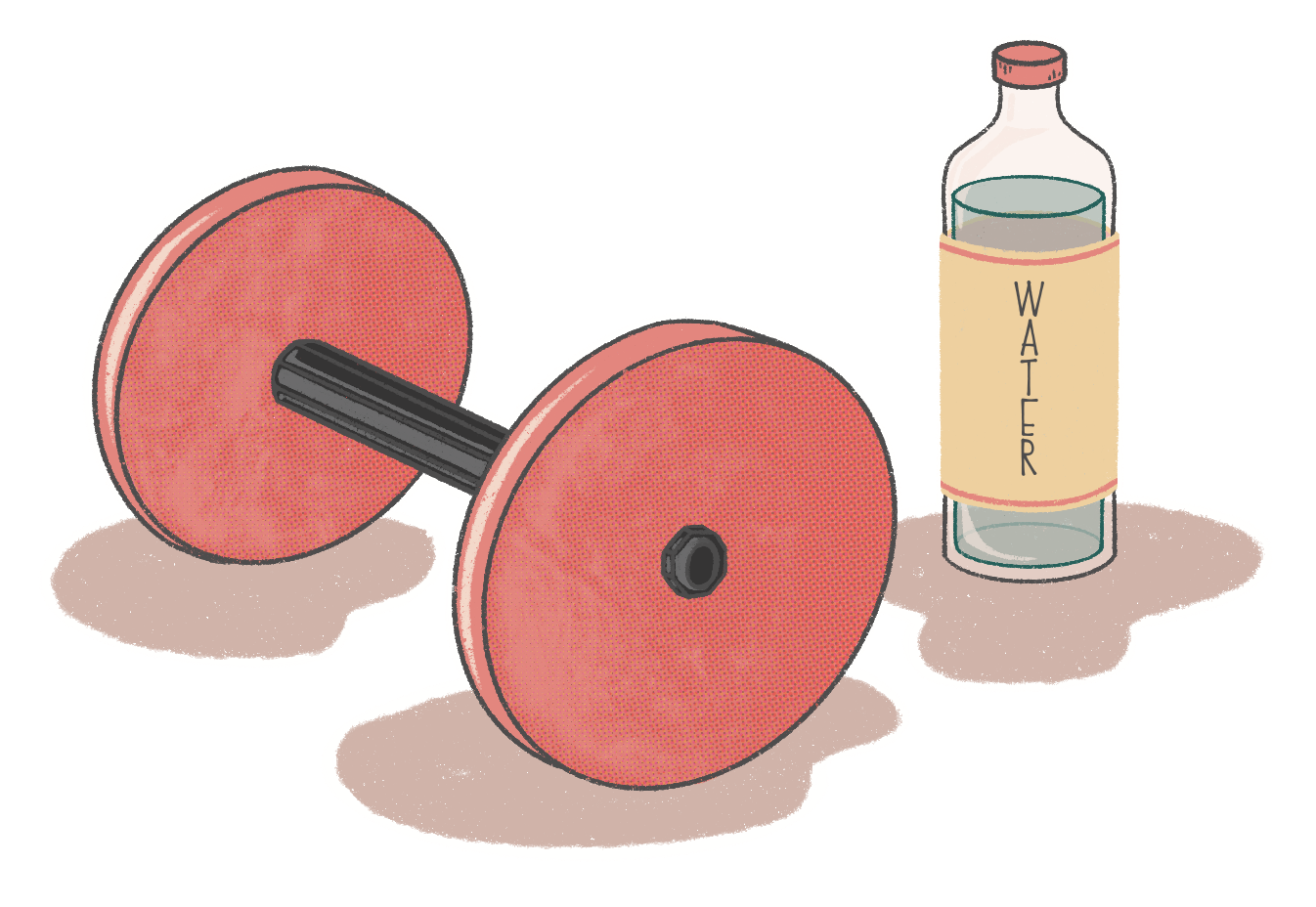
Feeling strength – coursing through you. Especially as a person who has struggled (in any way)…it is a visceral kind of joy. And I effing live for it.
But, it is hard won, and being capable of wielding that pen-sword requires hard work and practice. Luckily, we can do that!
And as with developing any other skill: if we gamify it, it’s SO FUN!
The more I learn about the craft of writing and teach it to others, the more I see similarities between this practice and the practice of skilled sport. We need to recognize and codify the rules of the game, the skills needed to play each role in it, and the way to monitor and judge the entire mess of play with some kind of objectivity.
And that is all well and good to help us become strong and skillful players of the game. But it should also remind us to see the game in the process of learning and practicing and doing it well!
As you get better – as you develop new skills and perfect them – know that you can pull those skills out and use them at just the right moment in some future high-stakes, sudden-death overtime situation.
And that is exciting, isn’t it!? Yes it is. Shut up, Chad.
Writing is as just exciting as rugby, and I’ll fight you about it…with words and metaphors and poly-syndeton.
And so the game of learning and honing and wielding your sword craft slash verbal athleticism is fun! I’m mixing metaphors here, but it’s good..I’m keeping it. Swords are sports, right?
And that is the kind of joy that has brought us to sports and games and play for a millennia.

It’s playfulness, competition and a striving for something better than what we had or were before. It’s a brightness and fervour that we need in the darkest of times.
Writing is full of the joy of dancing or singing or running faster than you could have before. It’s full of seeing hard things, facing them and conquering them through the power of your own will and work.
So, let’s store that joy up in a little jar on our desk. Because it is hard, and it is dangerous, and it is important.
We should store the joy of the magic that words exist at all, the joy of the power they give us, and the joy of overcoming the difficulty of mastering them.
And when all else fails? We can use actual jars and pens and papers to surround ourselves of a reminder of our Writing Joy.
And donuts. Because carbs are also very important.
Most of all though, I want you to find whatever kind of joy you can in this work – because we need your Voice. We need you to keep singing.
If you are developing your Writing Practice, feel free to join me in the #30DaysWithaK Writing Practice challenge.
And either way? Just don’t stop working on it. Don’t give up, even when it feels as though the well is dry. You can fill it back up again. Promise.

You mad? Excited? Have a perspective to share? Please do!
2 Comments
Leave a Comment
Want to read more? Check out these recent articles.
Writing Resistance: The War of Art, or an Emotional Tiger Hunt?
Four rules to help you avoid Writing Resistance (and tiger bites) even when you’re stressed.
Intrinsic Writing Motivation isn’t built on guilt or shame.
Writing motivation comes in two forms. One works better than the other, but they’re both important – and neither should hurt.
Why you shouldn’t write King Lear right now, and what to do instead.
Oh there’s that meme again. You know the one about Shakespeare writing King Lear during the plague, or whatever. Or the other one saying that you never lacked “time” but rather you lack “discipline” unless you create or learn or complete some amazing life-goal right now. Maybe it’s a stream of pictures of *perfectly baked*…
“Just Start,” is the worst advice I’ve ever heard…or given.
I think those two words have hurt me more than my three worst ex-boyfriends…combined! Not because it’s bad advice to tell a person to just start the things they want to create. But because productivity for productivity’s sake – sucks. “Just Start!” is great advice if the problem you’re having is that you have a…
If I had a Writers’ Sub Box for #30DaysWithaK today, what would I put in it?
One of the key elements of a rich Writing Practice is the act of purposefully adding a sense joy & luxury to it. That doesn’t mean that you have to scream-laugh while you draft a blog post – or purchase a solid gold desktop to hide behind. But it does mean that we can find…
Make a Writing Routine & Destroy Writers’ Block With These 5 Tips
I know what you’re thinking. You don’t want someone ruining your creative freedom with a Writing Routine. That used to be my point of view too. I had no writing routine, because I didn’t know I needed one. I was certain that my ability to write good stuff happened in some sort Right-time, Right-place kind of…


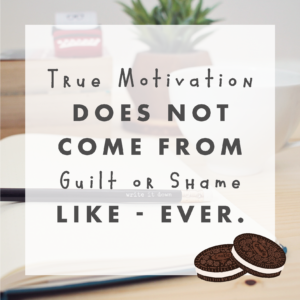
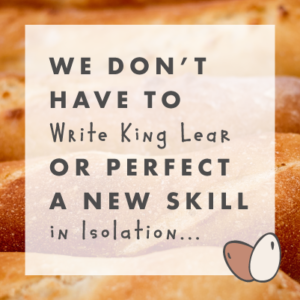

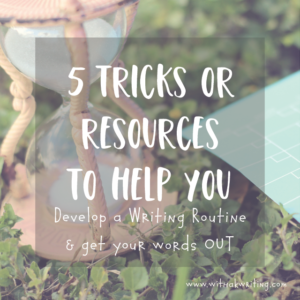
Thank you for admitting that writing is hard. It takes a lot of work!
Learning to write well is systematic work but fortunately, you can learn it by following a few tips